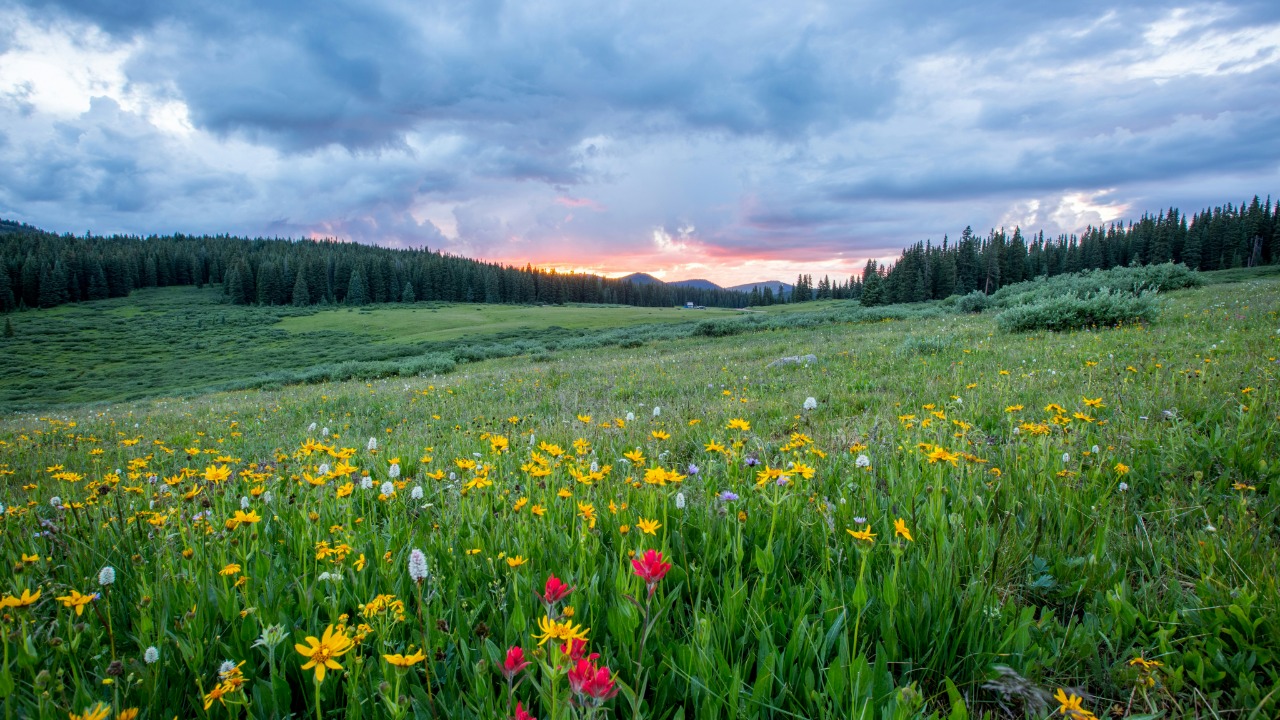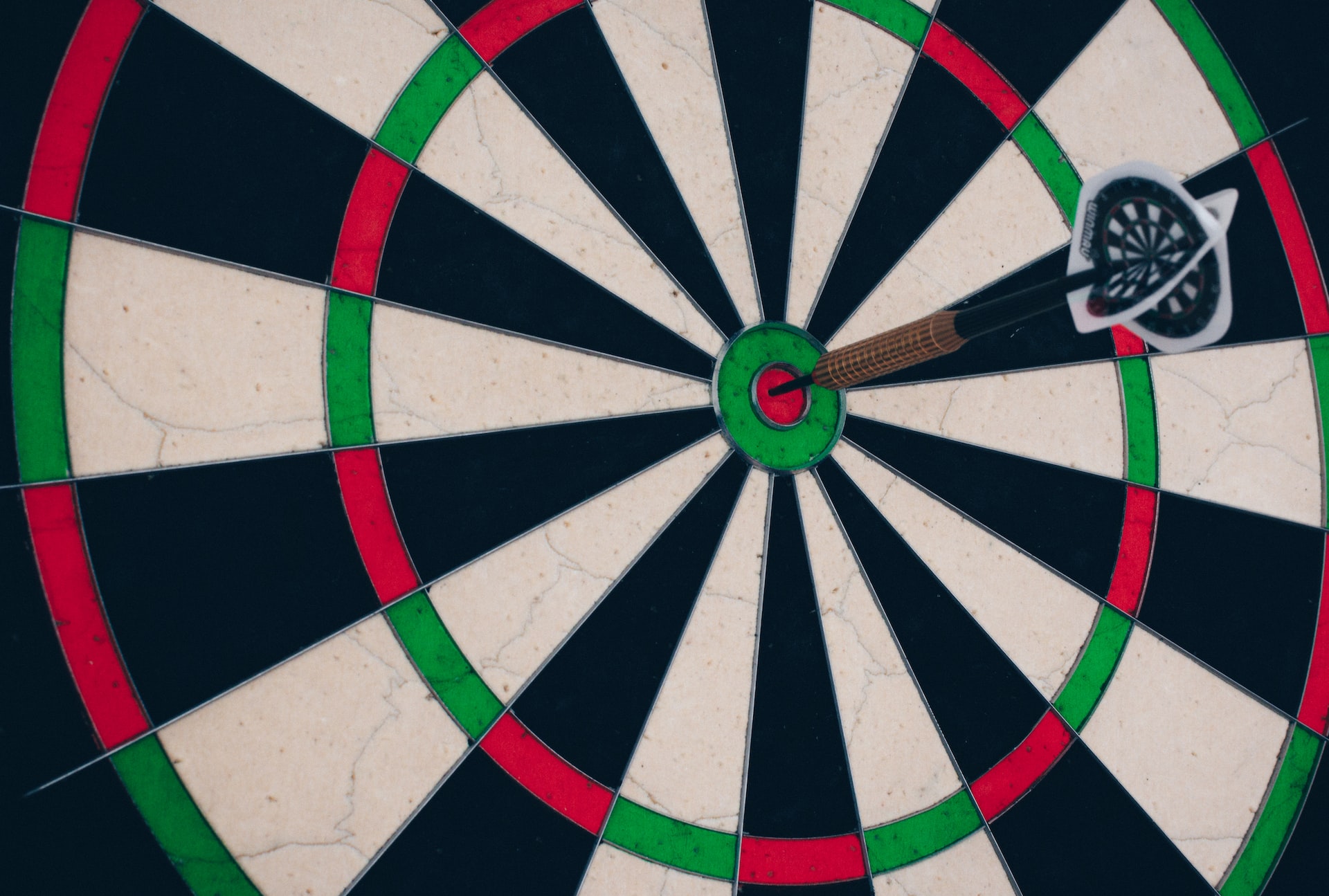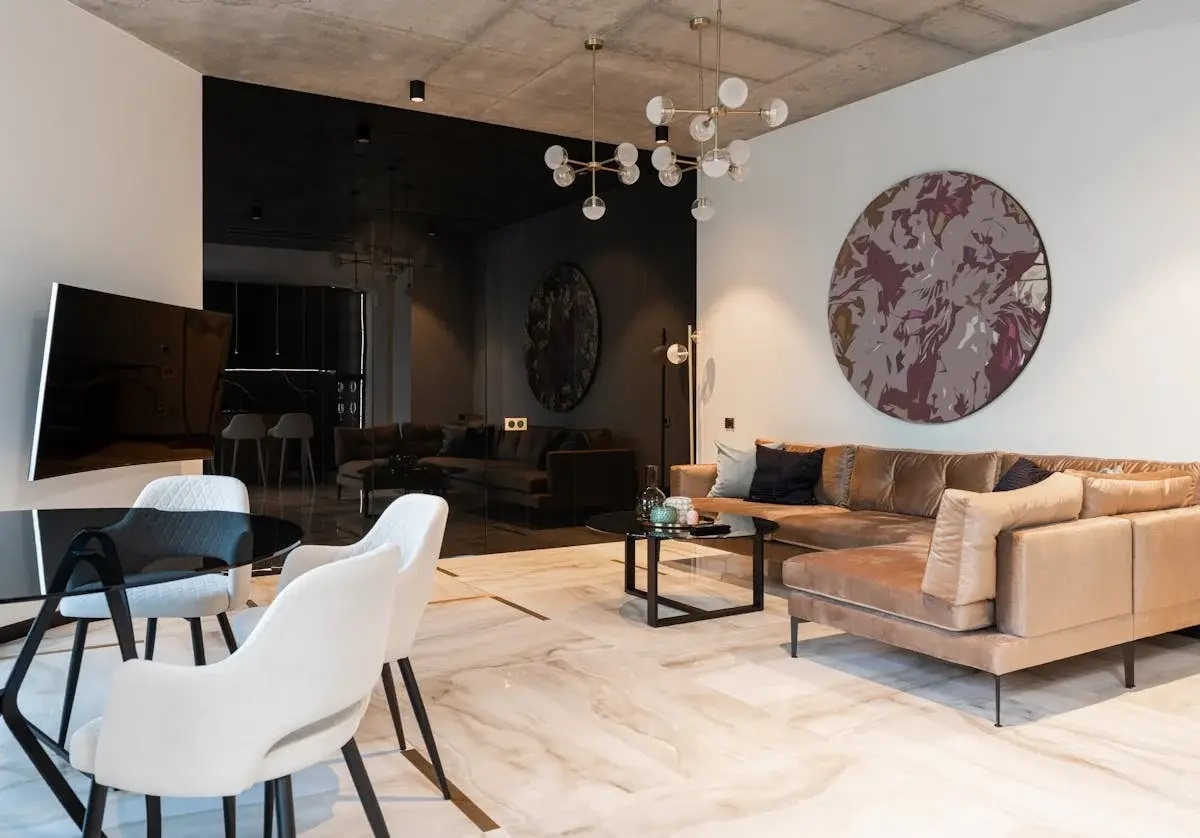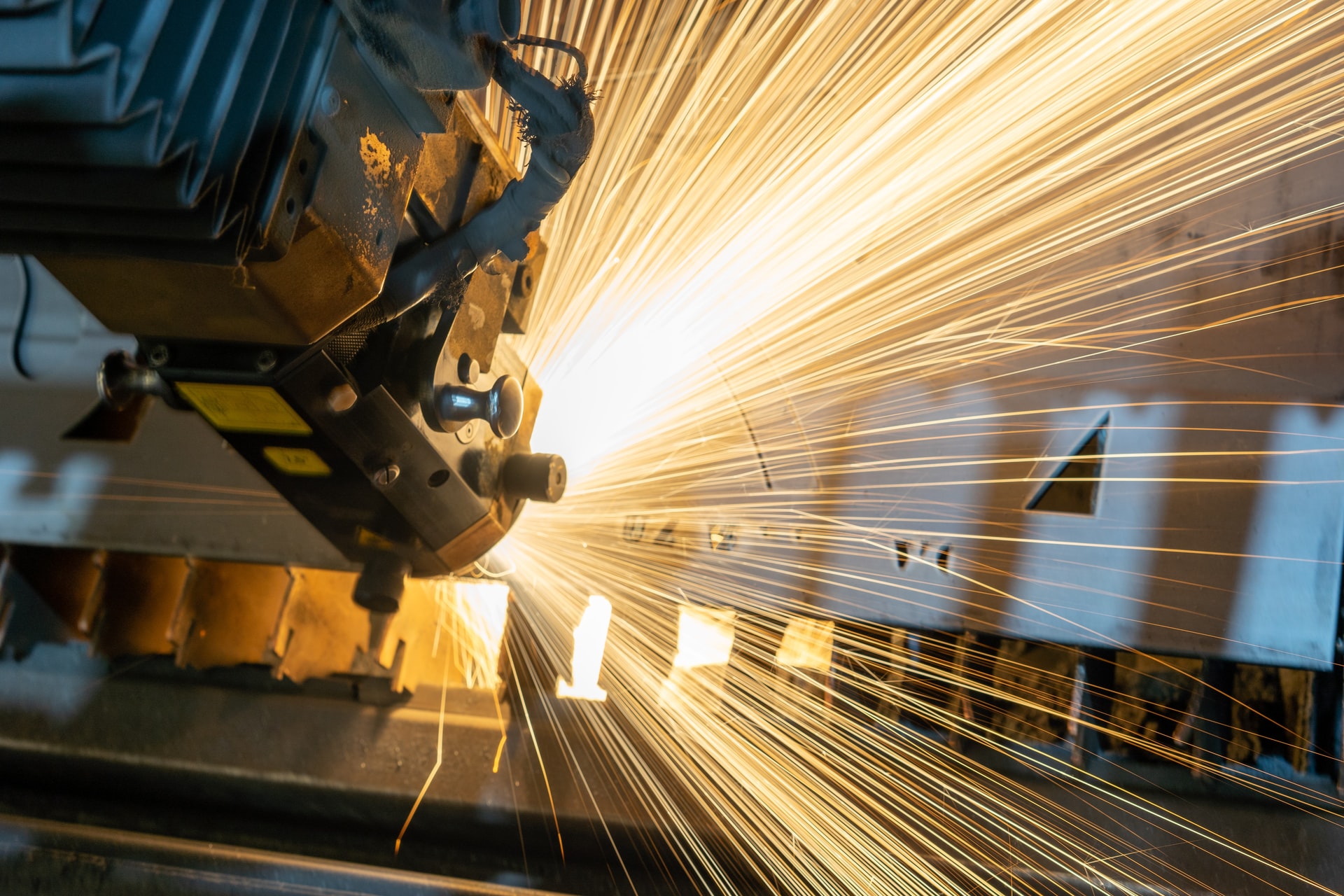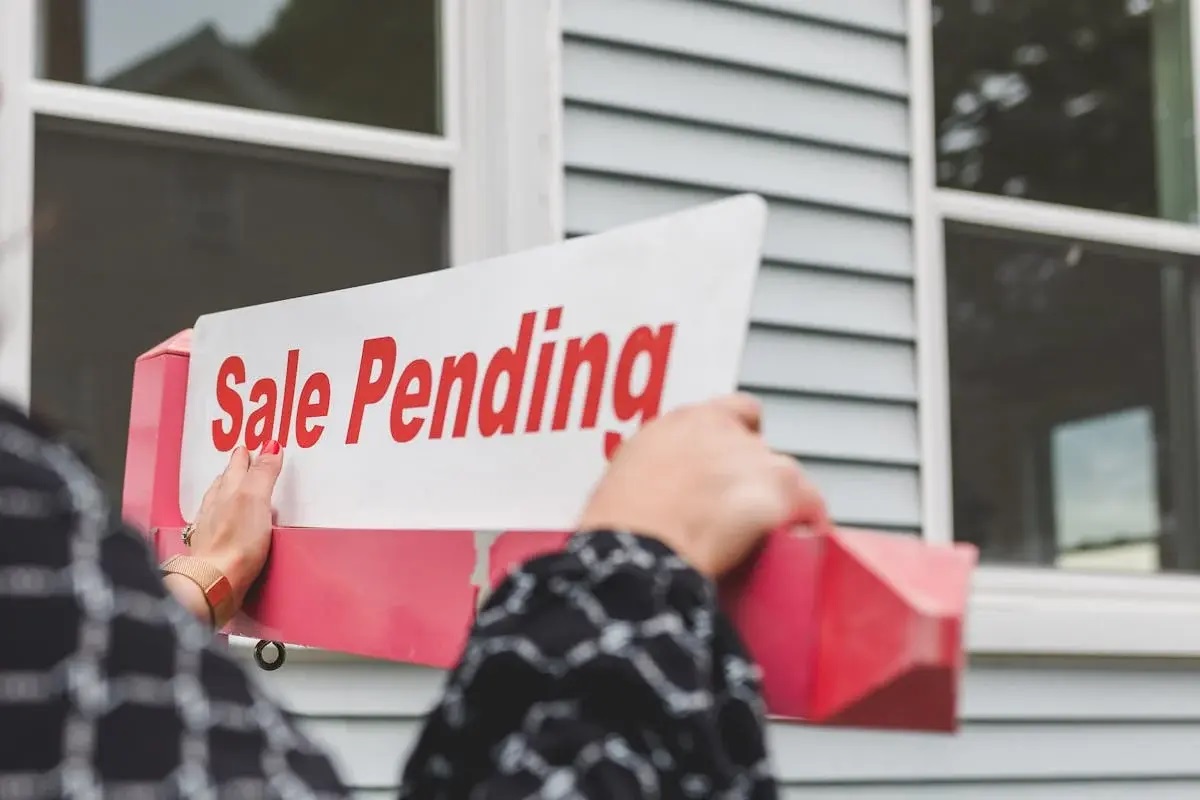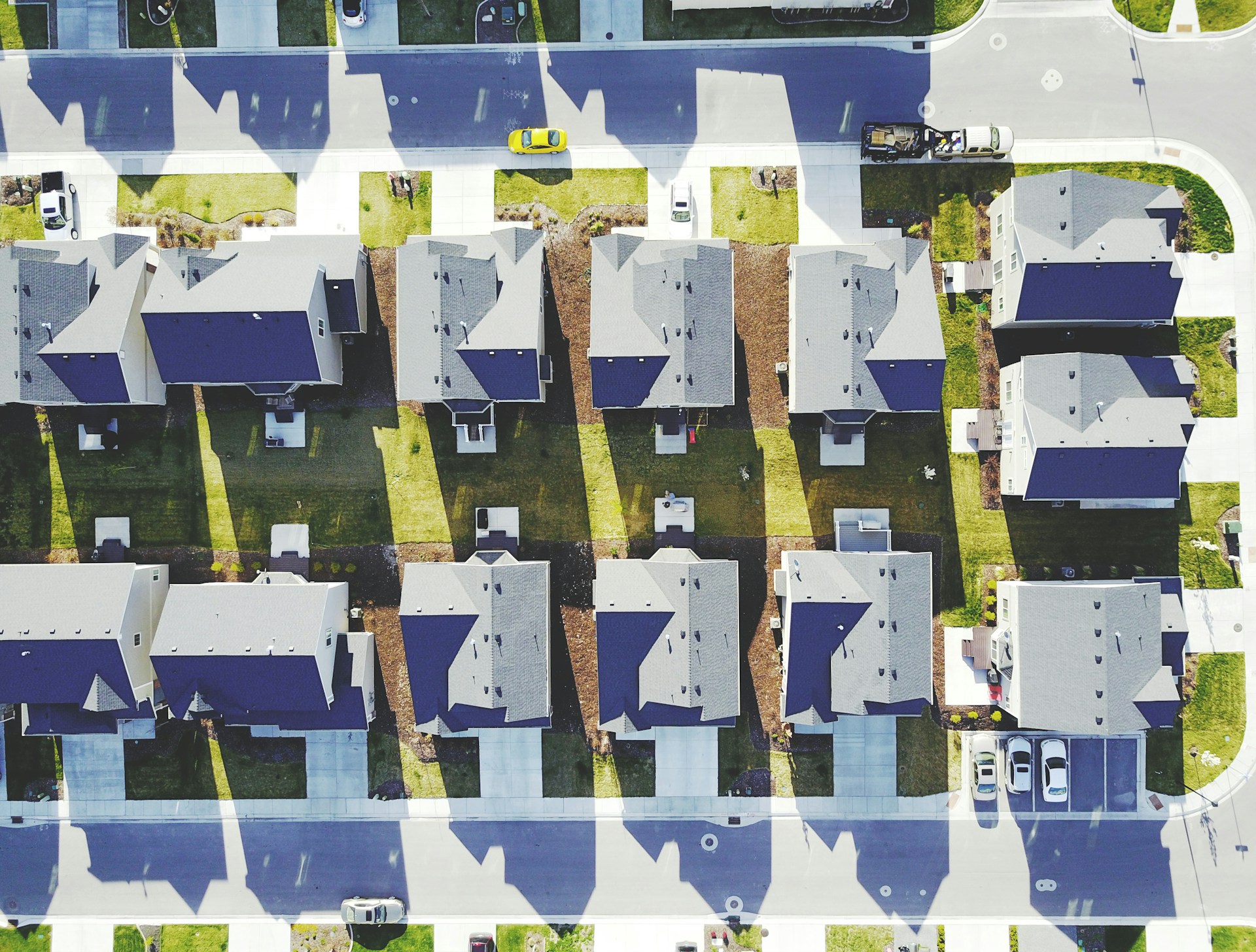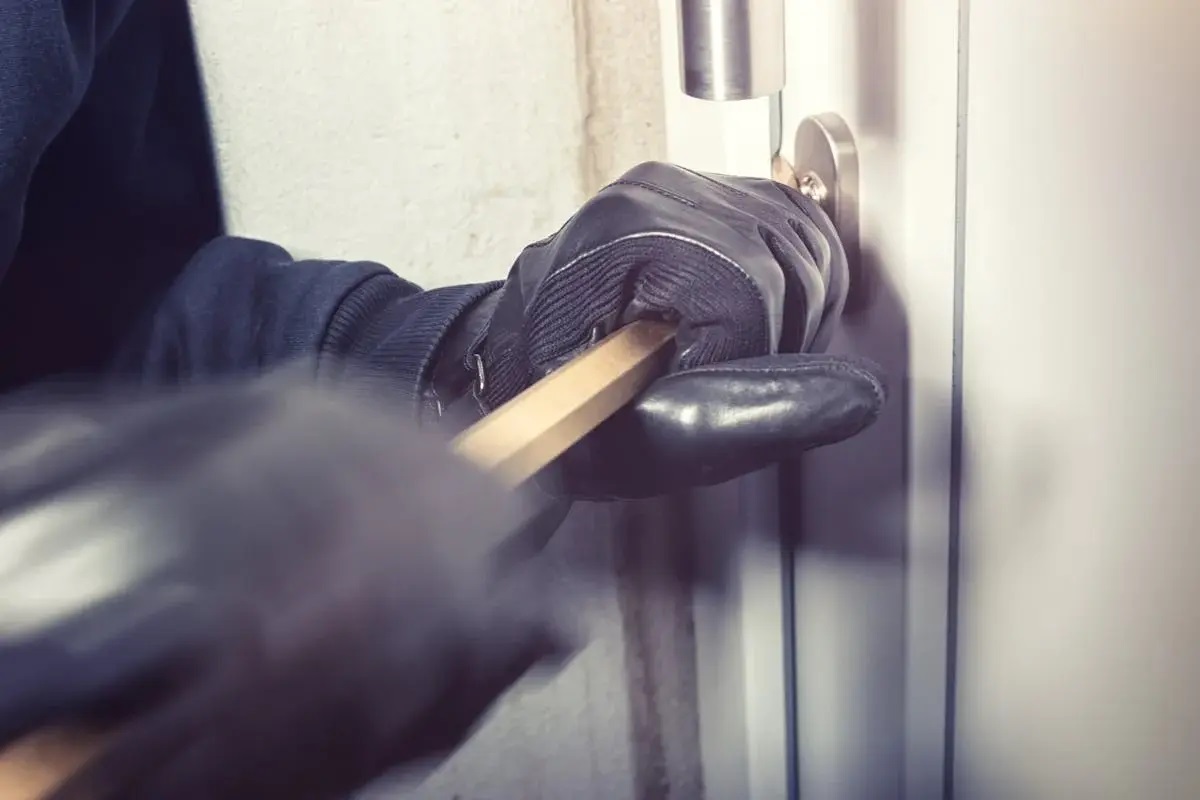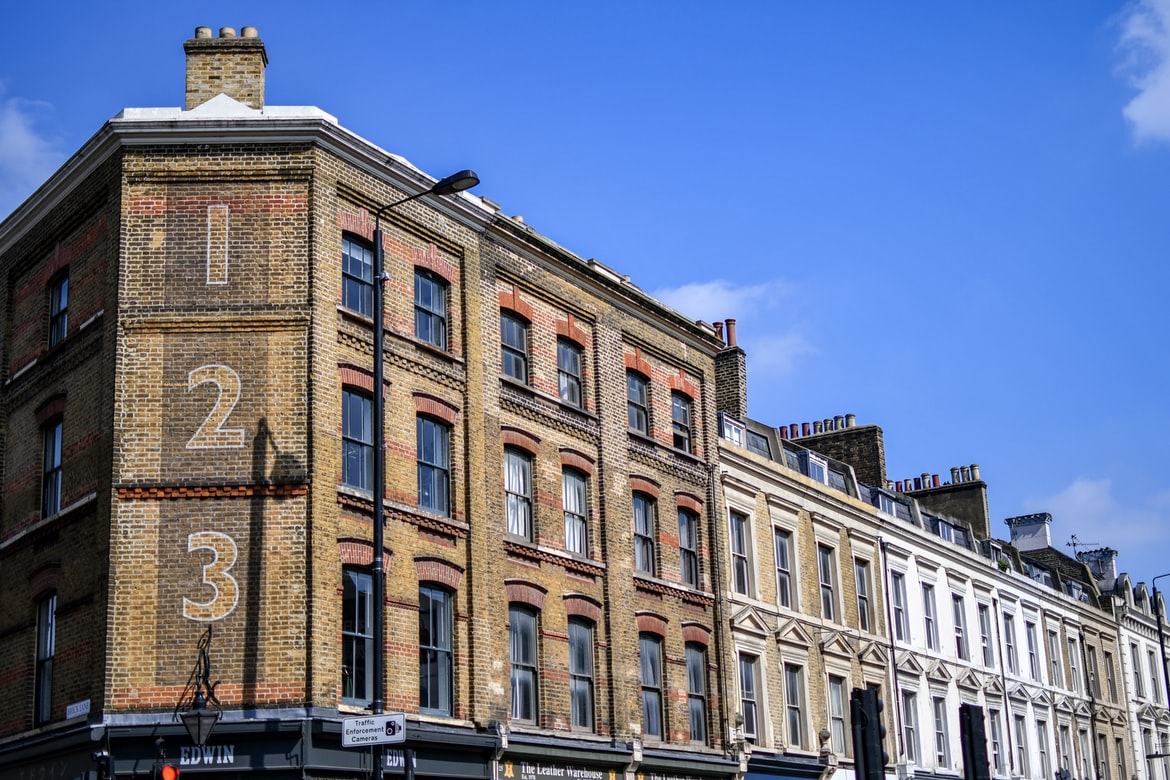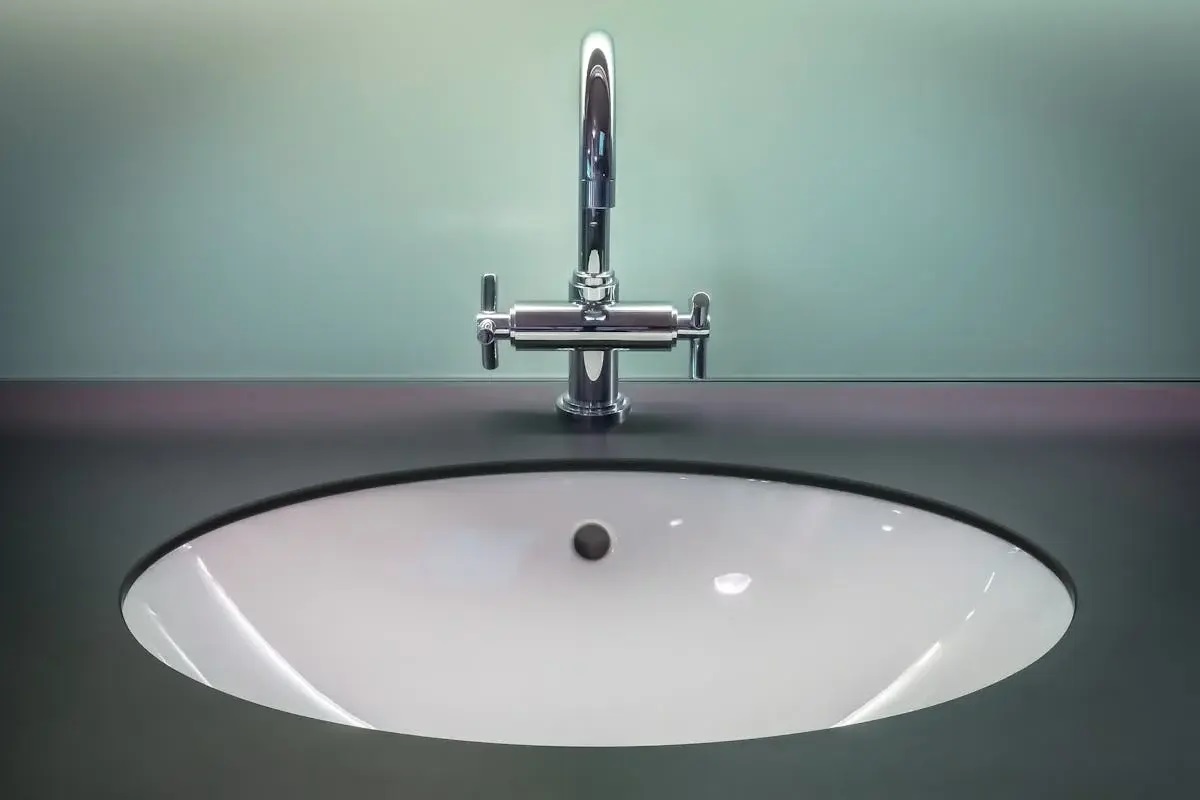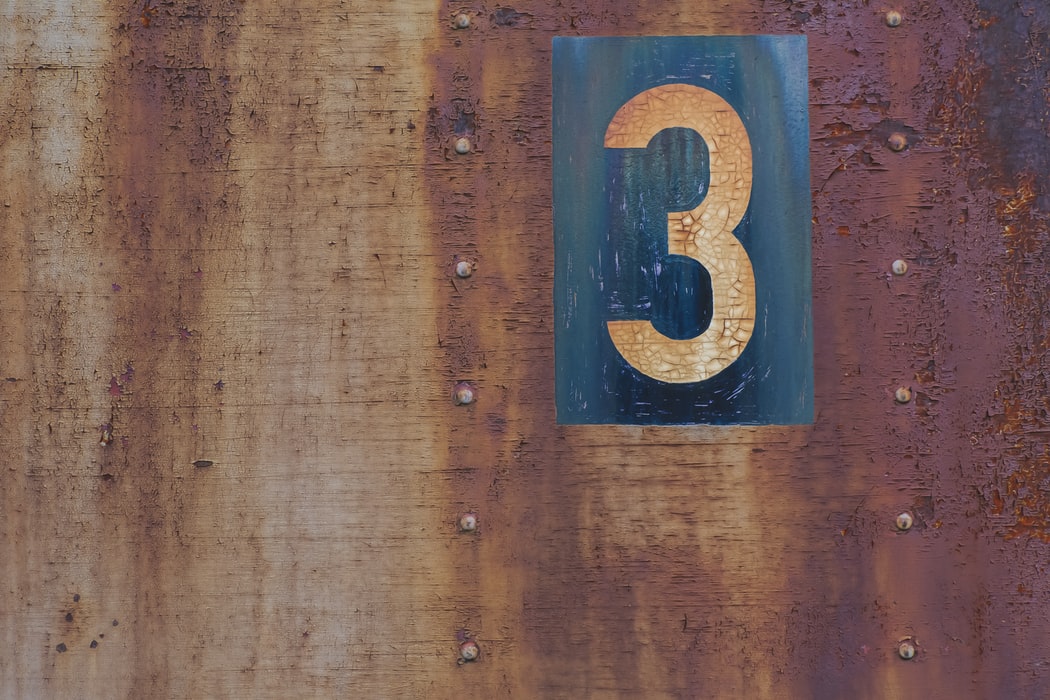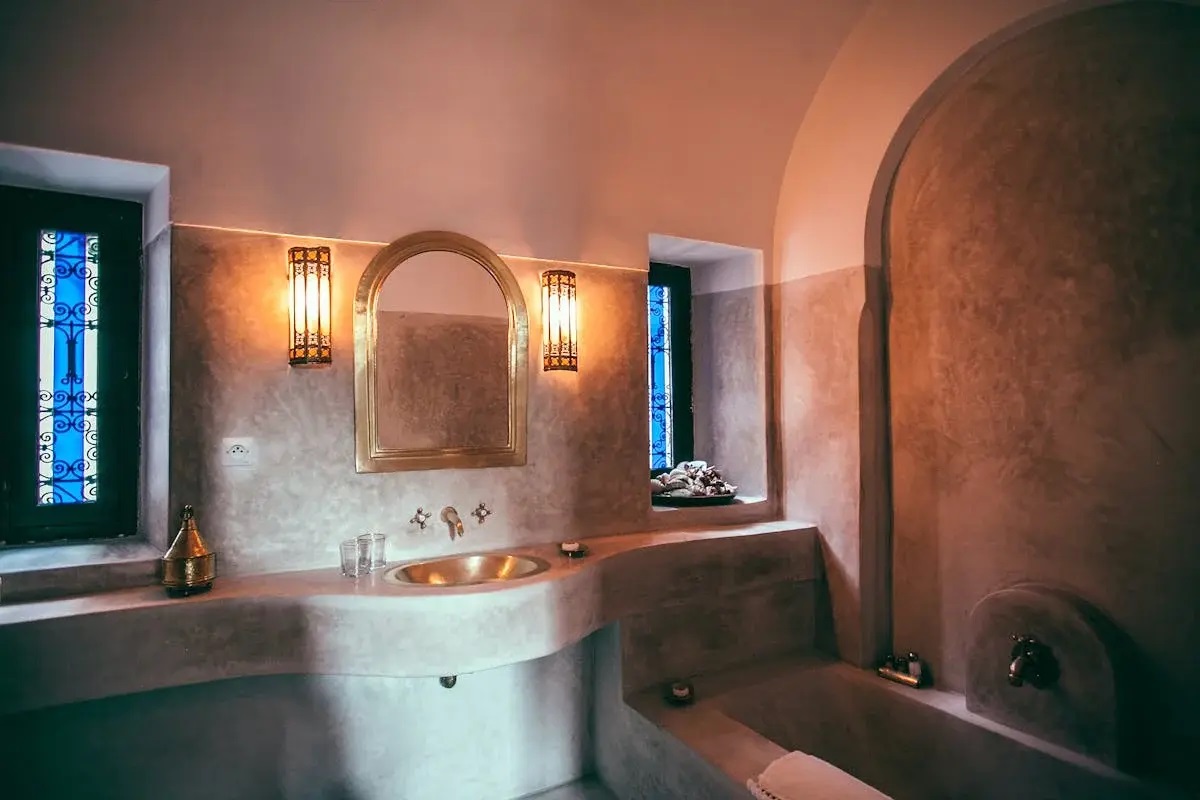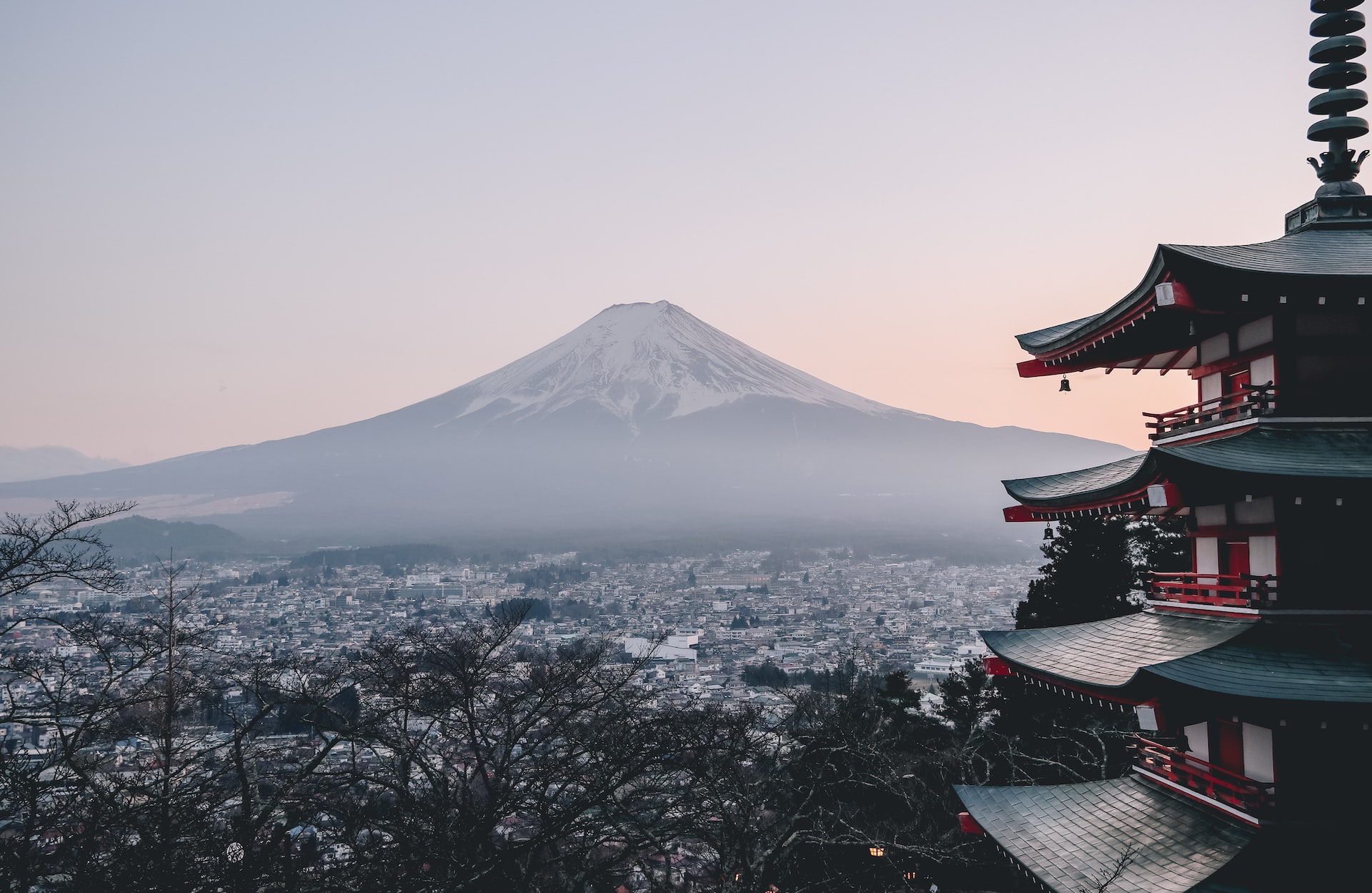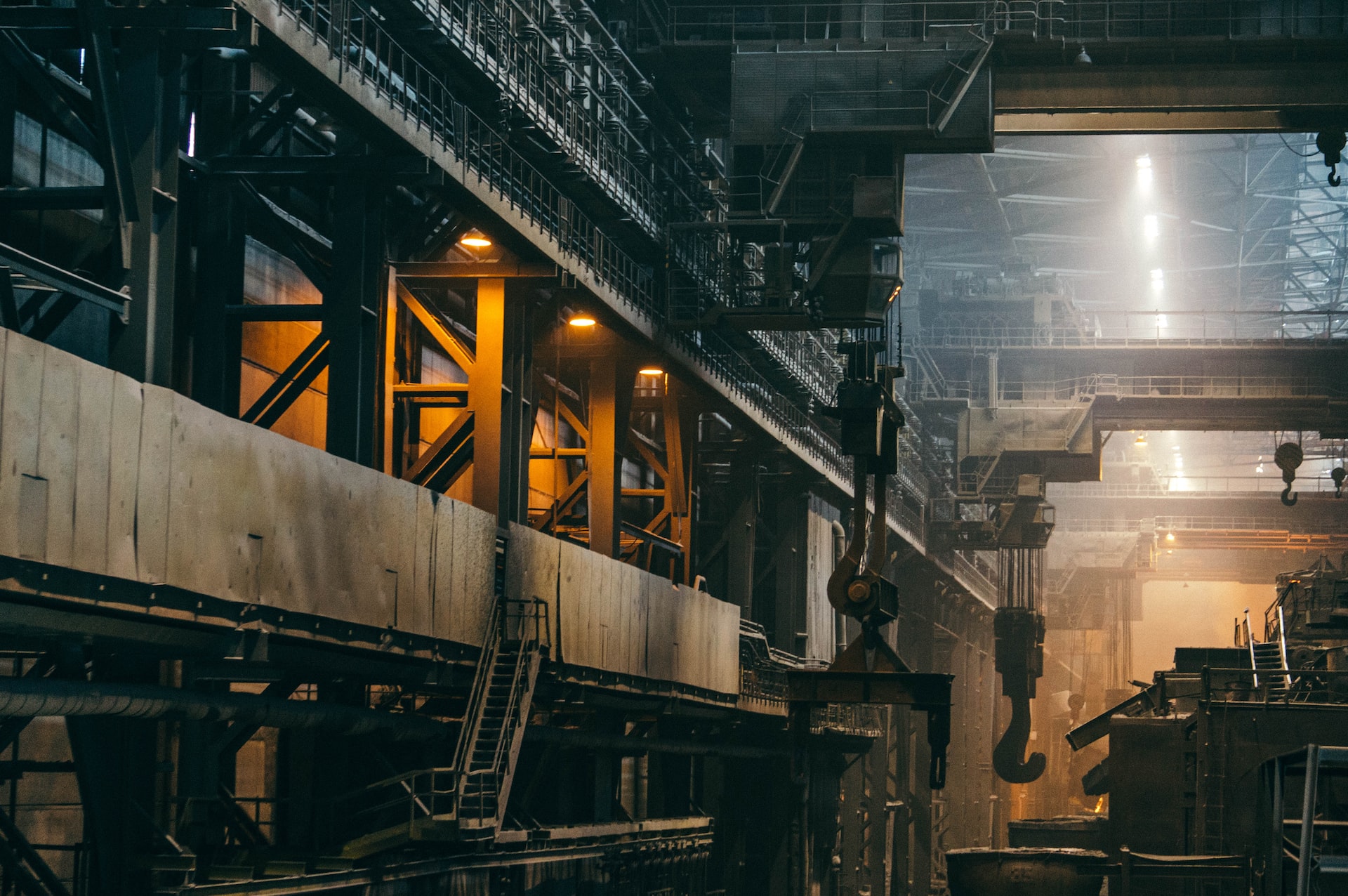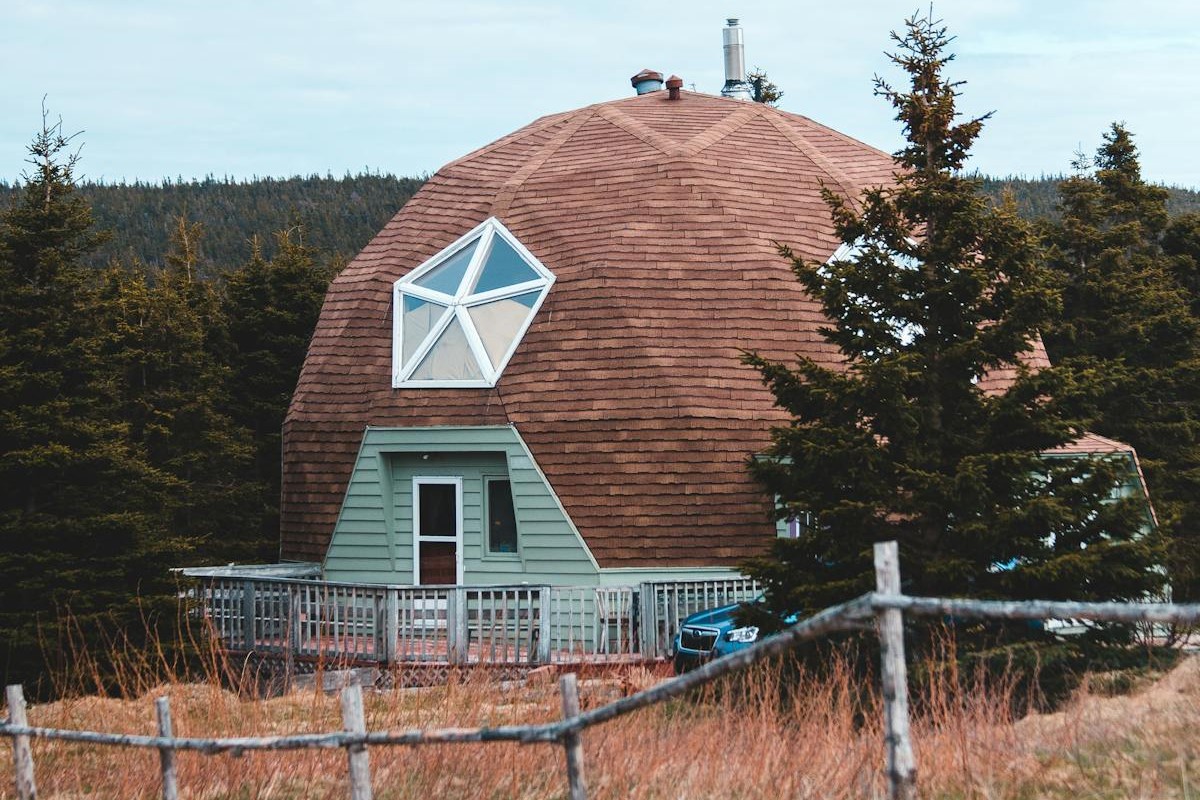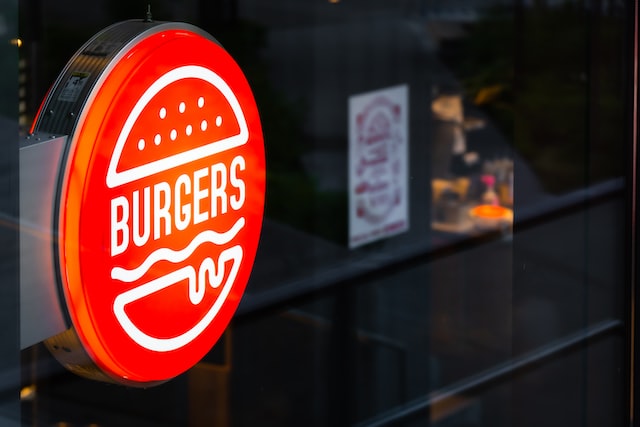Perks and realities of living in a mobile home
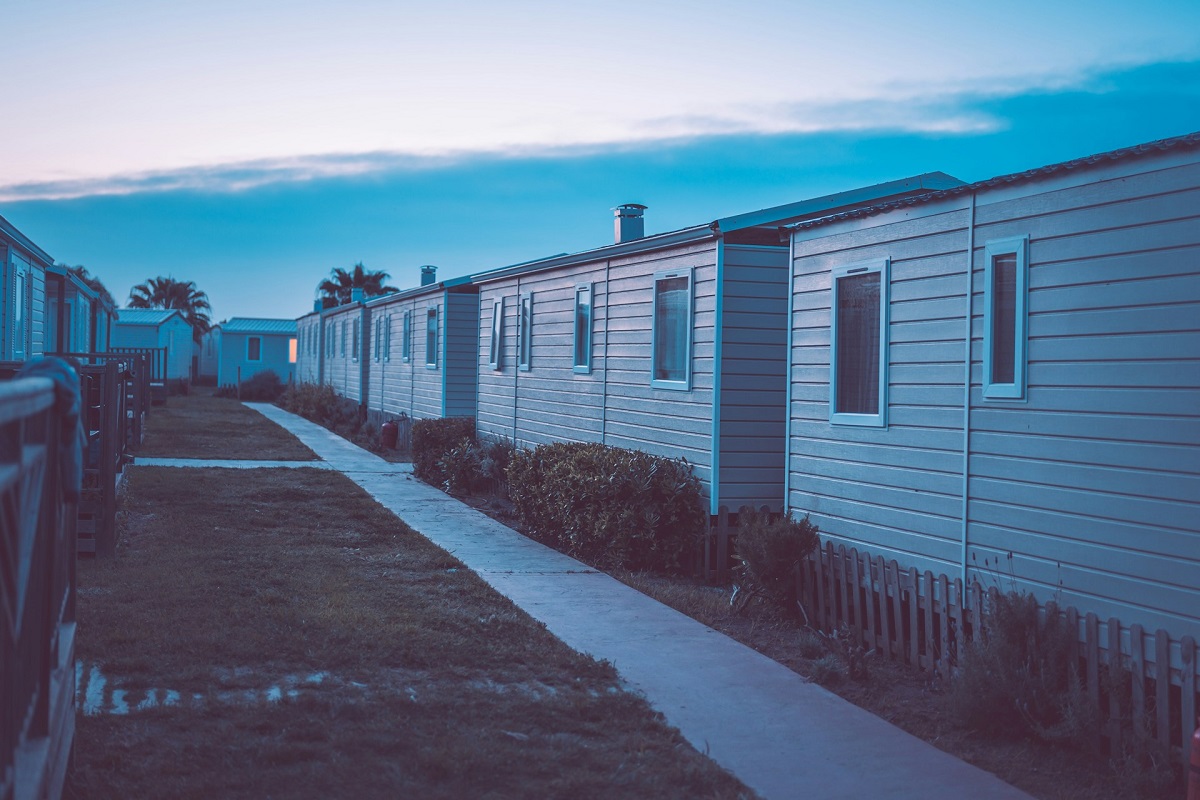
Published Date 3/13/2024
When Reese Witherspoon’s character in the movie Sweet Home Alabama hears Candice Bergen’s character say, “Oh — why don't you go back to your double-wide and FRY …” to her mom, it was the reason for her to haul back and slug her. “Nobody talks to my momma like that!”
While it was supposed to be an insult in the movie, those are fighting words to the millions of people who own mobile homes. Realtor.com’s Larissa Runkle says, “Lately, it seems like homeownership has never been more unaffordable. Between sky-high interest rates, high home prices, and limited availability of real estate overall, becoming a homeowner is something many Americans can’t currently afford.”
No longer just the go-to preference of thrifty retirees, many people from across the age and life-experience spectrum are looking to mobile homes as a new mode of affordable homeownership. Want to know what the mobile home world is all about? Runkle interviewed folks who have bought, sold, and resided in them.
First off, the price is attractive. The U.S. Census reports that the average cost of a mobile home in August 2023 was $128,800 — nearly one-third of a typical home’s cost. Or you can splurge—and still save. For instance if you fancy Palm Springs, CA in your future, mobile homes there go for around $245,000.
Of course, it’s all about those bucks. “A major advantage of living in a mobile home is cost-effectiveness,” says real estate agent and house flipper Erin Hybart. “Mobile homes often offer a lower price per square foot. They allow for custom-built, affordable housing with savings from mass production. You can get a home tailored to your needs at a reasonable price.”
While the type of mobile home referred to in the movie mentioned earlier is a double-wide, there are single as well as other options few hear about except in on social media reels. Single mobile homes typically range between 480 and 1,440 square feet, while double-wide models can span from 640 to 2,560 square feet.
Unlike buying a house, mobile homes are separate properties from the land they occupy, meaning ownership of the dwelling is distinct from ownership of the land beneath it. Many are located in mobile home parks or on leased land, where the owner rents a space or leases the land for a certain number of years while retaining ownership of the mobile home itself.
“For those curious about mobile home living, be sure to diligently find out the details of the land lease, including community rules and any potential long-term financial implications,” says real estate agent Daniel Cabrera. Some, however, place their mobile homes on land they buy or already own.
The lifestyle of a mobile home dweller can be quite different from your typical house. Kitchens, storage, and countertops are smaller, and if you are hooked up to a holding tank, you’ll have to keep water usage in mind. Sleeping arrangements vary from convertible to compact to functional, with beds that sometimes serve multiple purposes or convert into daytime spaces. But living with less is often an attractive element of mobile home life.
Many say one of the nicest aspects of the lifestyle is the proximity to neighbors if you live in a mobile home park. Apart from lower cost, one of the biggest pros is the close-knit community spirit found there, pretty much redefining the concept of a neighborhood. Houses are clustered much closer together, fostering a close-knit community.
Unlike having a “roof over your head” in a traditional house, however, when you see photos of the damage done during hurricanes, it’s often the most brutal in a mobile home park. In addition to living near other people, you’ll be closer to the elements. This is due to a lesser degree of insulation than what’s found in typical homes.
“Living in a mobile home is similar to a traditional house in many ways but with some differences—like AC vents in the floor, thinner walls, and potentially less insulation,” notes Hybart. “There’s usually more noise from rain and less soundproofing.”
“While none of this is a deal breaker,” says Runkle, “it’s good to go into it knowing you might need to throw down some extra funds to make your mobile home more comfortable—whether that means investing in a few space heaters during the colder months or even some soundproofing panels.
One of the most significant drawbacks with a mobile home purchase is to consider is that — unlike traditional real estate, the value of your investment will probably decrease over time. This can be offset if you own the land under it and that land is desirable, however.
Maintenance of a mobile home is not for the faint of heart. It’s crucial to maintain your mobile home—especially since these dwellings may deteriorate faster than you think. That may mean ensuring skirting is secure and doing an annual inspection of all piping, HVAC, roof, and window seals. According to a recent U.S. Department of Housing and Urban Development study, manufactured homes have a life expectancy of only 30 to 55 years.
Realtor, TBWS
All information furnished has been forwarded to you and is provided by thetbwsgroup only for informational purposes. Forecasting shall be considered as events which may be expected but not guaranteed. Neither the forwarding party and/or company nor thetbwsgroup assume any responsibility to any person who relies on information or forecasting contained in this report and disclaims all liability in respect to decisions or actions, or lack thereof based on any or all of the contents of this report.
NMA Home Loans is Licensed by the California Department of Real Estate under License # 01111689 and NMLS # 320740






